On June 29, 2025, Germany made an announcement that underscores the evolving nature of modern security challenges. Interior Minister Alexander Dobrindt, representing the newly inaugurated government of Chancellor Friedrich Merz, unveiled an ambitious initiative to establish a joint German-Israeli cyber research center alongside the introduction of Germany's comprehensive "Cyber Dome" strategy. This new alliance indicates that Germany has recognized its need for new tools to deal with the complicated cyber dangers that are at the heart of today's global crises.
The Status Quo
This statement is especially compelling because Germany is still having problems with cyber attacks on government buildings, vital infrastructure, and private businesses that only seem to be getting worse. Germany is one of Israel's closest allies in Europe. This project builds on that by using Israel's well-known cybersecurity skills and real-world experience to fight against complex threats from other countries. Germany is working with other countries not only because it wants to grow diplomatically, but also to make its military stronger and support NATO more effectively in response to threats from Russia and China.
The planned joint cyber research center will be a venue where German and Israeli researchers, intelligence agents, and security experts can work together to come up with new ways and technologies to protect against cyber attacks. This relationship goes beyond normal cybersecurity measures. It also includes research into new solutions, sharing threat intelligence, and building tools that are specifically designed to protect key infrastructure from threats. This project builds on research relationships that already exist between Germany and Israel. For example, the Fraunhofer Institute for Secure Information Technology and leading Israeli institutions have already worked together to make the internet, vital infrastructure, and business software safer.
For Germany, this alliance gives them access to Israel's cybersecurity experts, innovation ecosystem, and real-world experience defending against advanced attacks. Israel will have more chances to work with Europe's top applied research agency and sell new innovations in the European Union market thanks to the partnership. The research center will be the center for cooperative projects, workshops, and training programs that can be used in both civilian and military settings.
Five Pillars
The "Cyber Dome" strategy is a five-point plan that aims to completely change how Germany protects itself against cyber attacks. It is based on Israel's very successful "Iron Dome" missile defense system. This strategy framework incorporates joint research projects, intelligence sharing protocols, technology transfer methods, civil defense integration, and capacity building programs.
The first pillar is about getting German and Israeli institutions to work together on cybersecurity research and development. This is more than just sharing information; it also means making real joint research initiatives that take advantage of the assets of both countries' cybersecurity sectors. The second pillar stresses better real-time exchange of threat intelligence and best practices between security authorities. This makes an information network that can quickly respond to new threats.
The third pillar is technology transfer, which is meant to speed up the use of superior cyber protection technologies that were created through the cooperation. This part is very important for making sure that research breakthroughs lead to real-world defensive capabilities that can be used in Germany's most important infrastructure. The fourth pillar is probably the most novel part of the strategy. It calls for integrating cyber defense into Germany's larger civil defense policy, with a focus on protecting public services and key infrastructure. The fifth and last pillar is all about training and building capacity. It involves creating collaborative training programs for cybersecurity professionals and first responders to make sure that people are as skilled as technology is getting better.
Strategic Implications for European Leadership
This project goes well beyond working together with other countries to make Germany a leader in European cybersecurity innovation. The concept could perhaps prompt other European countries to explore similar options. This could make the European continent more cybersecure, filling a gap that has been known to exist for a long time. This transcontinental collaboration could introduce Europe to new technologies and tactics, benefiting everyone involved.
The larger protection effects are just as important. Markus Soeder, the Prime Minister of Bavaria, also asked Germany to buy 2,000 interceptor missiles to set up a short-range missile defense system like the "Iron Dome." This shows how Germany and Israel's defense connections are getting stronger. Germany is committed to enhancing collective defense against new threats and boosting its commitments to NATO. This broad approach to security cooperation shows that.
But this plan also comes with diplomatic problems that Germany needs to be mindful about. Some European partners might be apprehensive that becoming closer to Israel could jeopardize broader EU or NATO projects. Germany will have to figure out how to balance its strong ties with Israel with its responsibilities to keep Europe united and safe. This will make sure that the relationship helps everyone in Europe.
This partnership is likely to have a huge impact. Germany should be able to discover, stop, and deal with cyber threats from both state and non-state actors considerably more easily now that it has the "Cyber Dome" strategy and the joint research center. The partnership will make it easier to share the latest cybersecurity technologies. This will speed up the development of new defense solutions and make civil defense better at protecting not just government and military assets, but also critical infrastructure, businesses, and the general public. This daring step shows that Germany is ready to adapt how it protects itself in order to deal with difficulties in the 21st century.




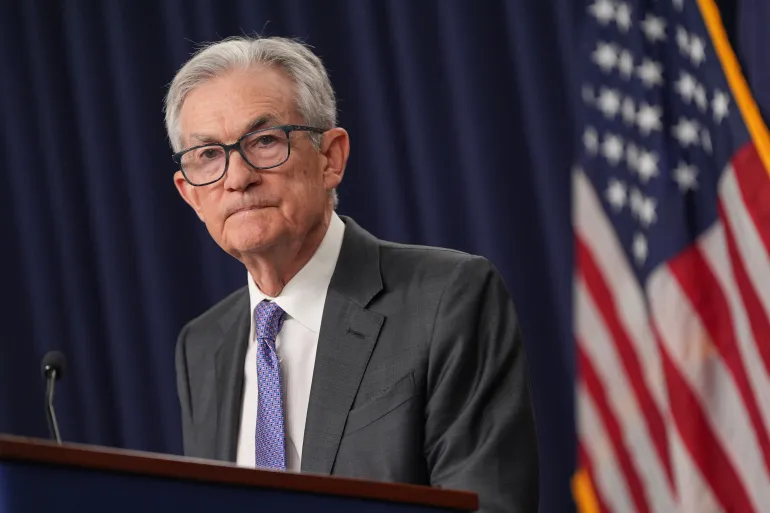
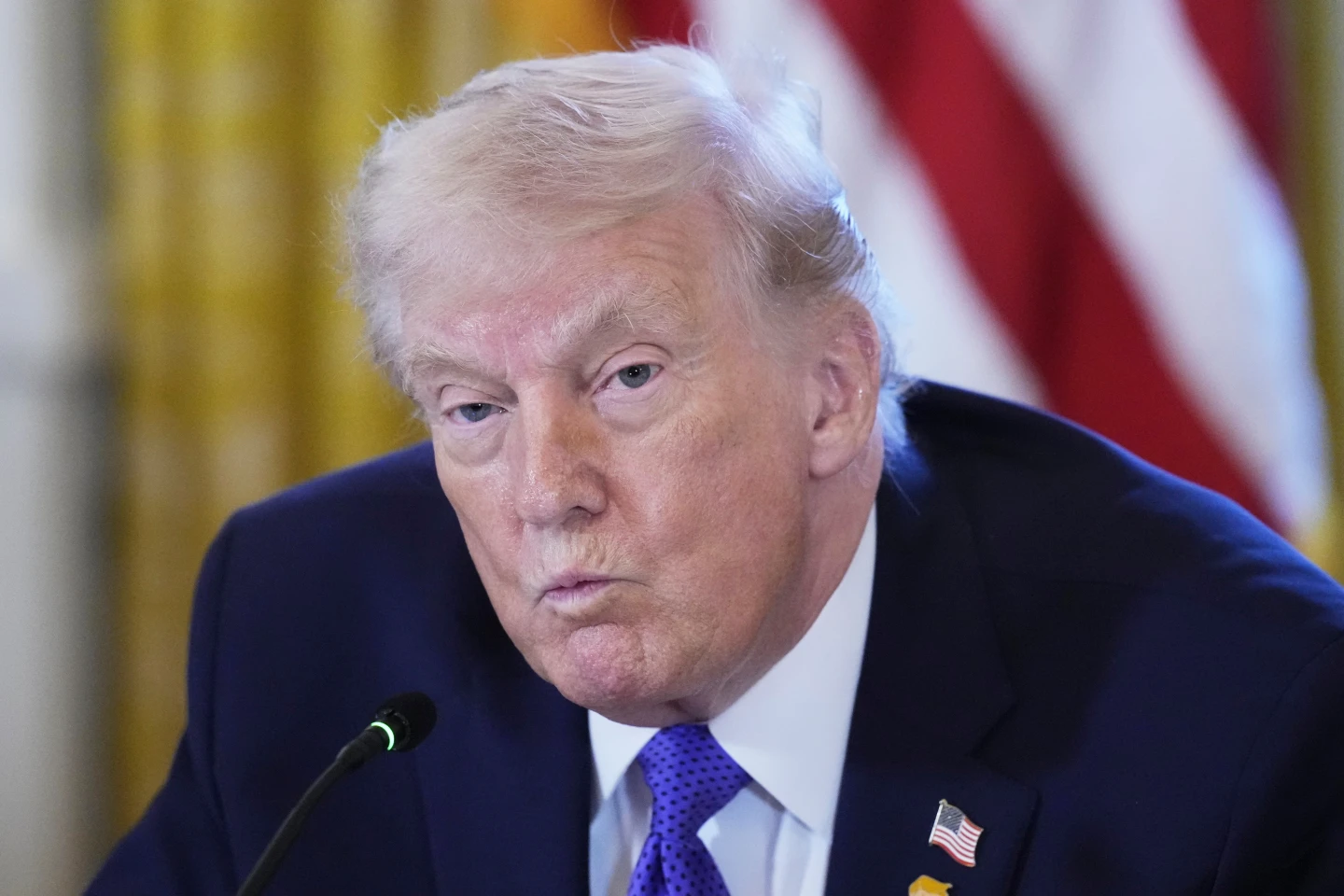
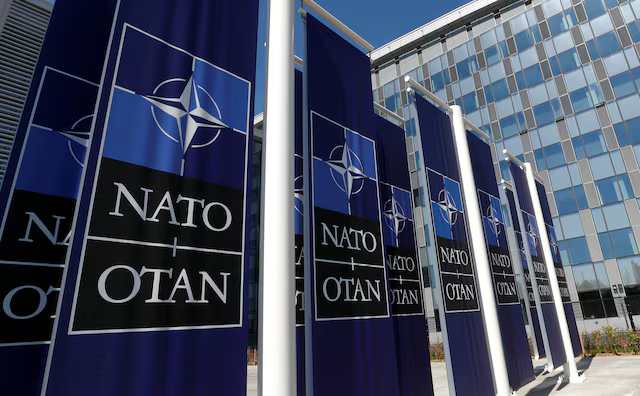

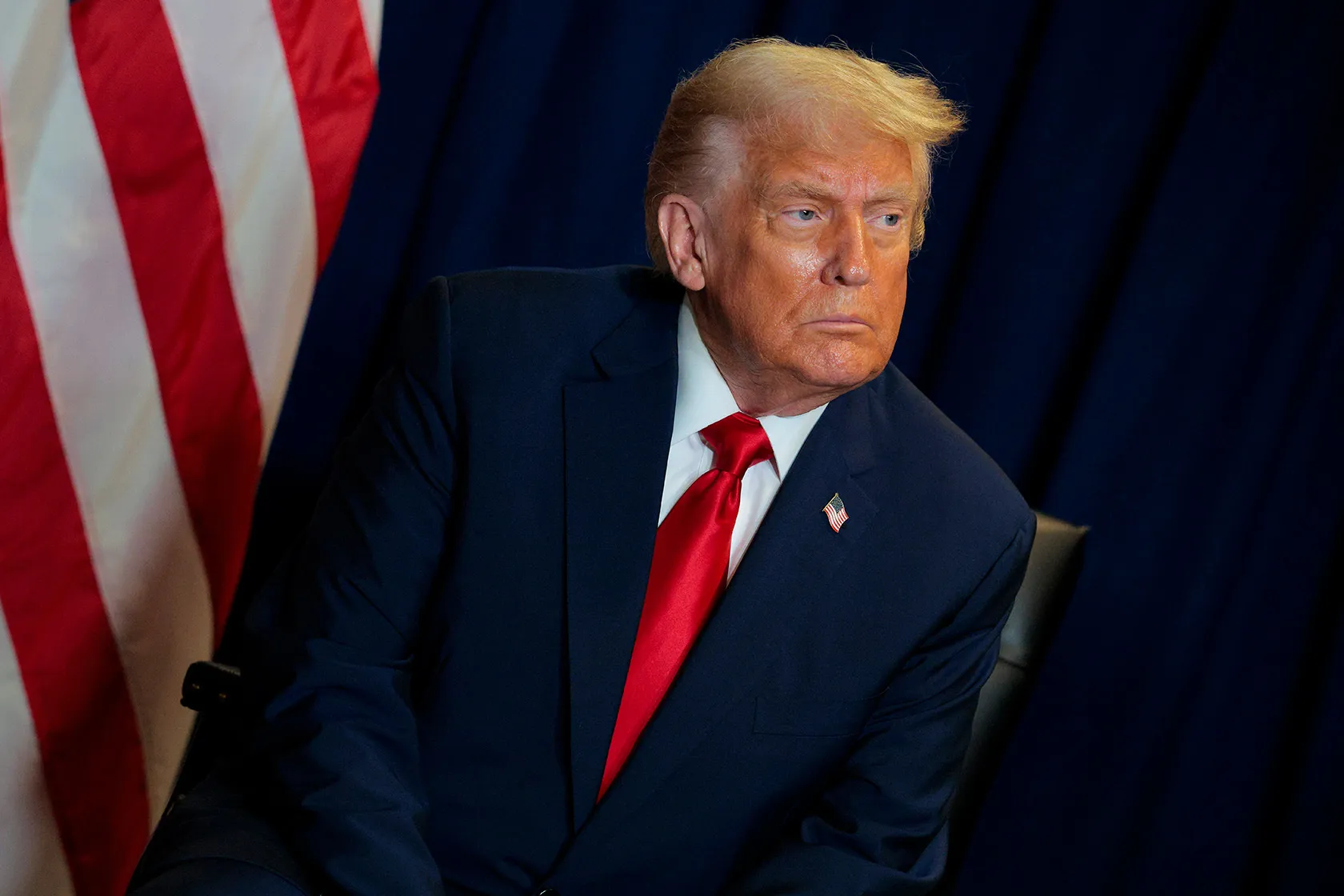

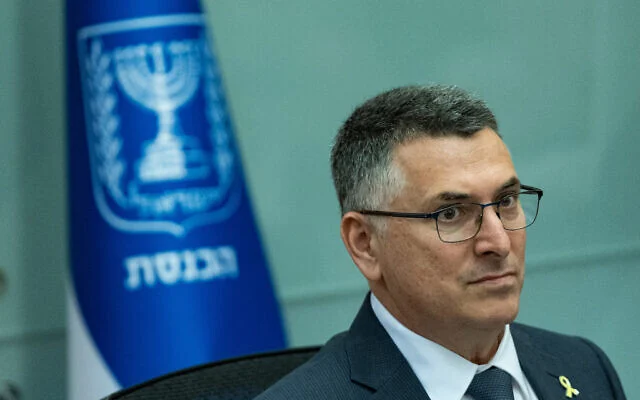
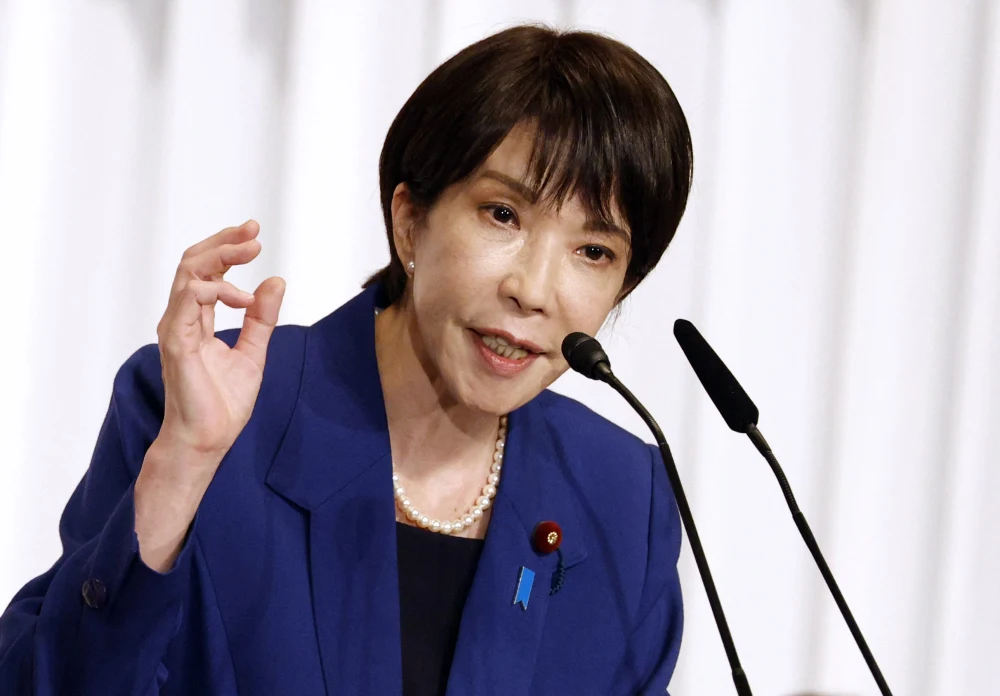
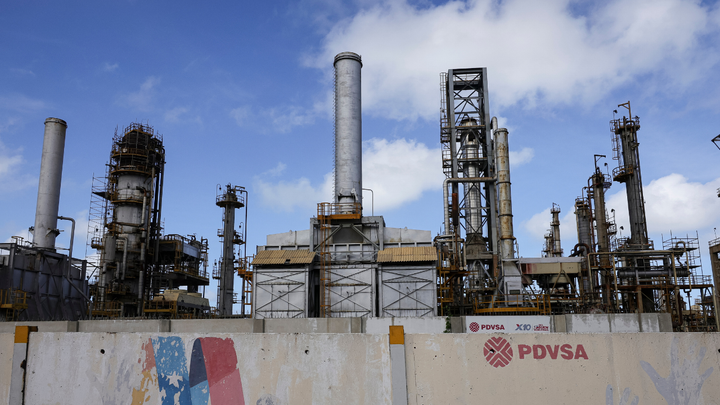
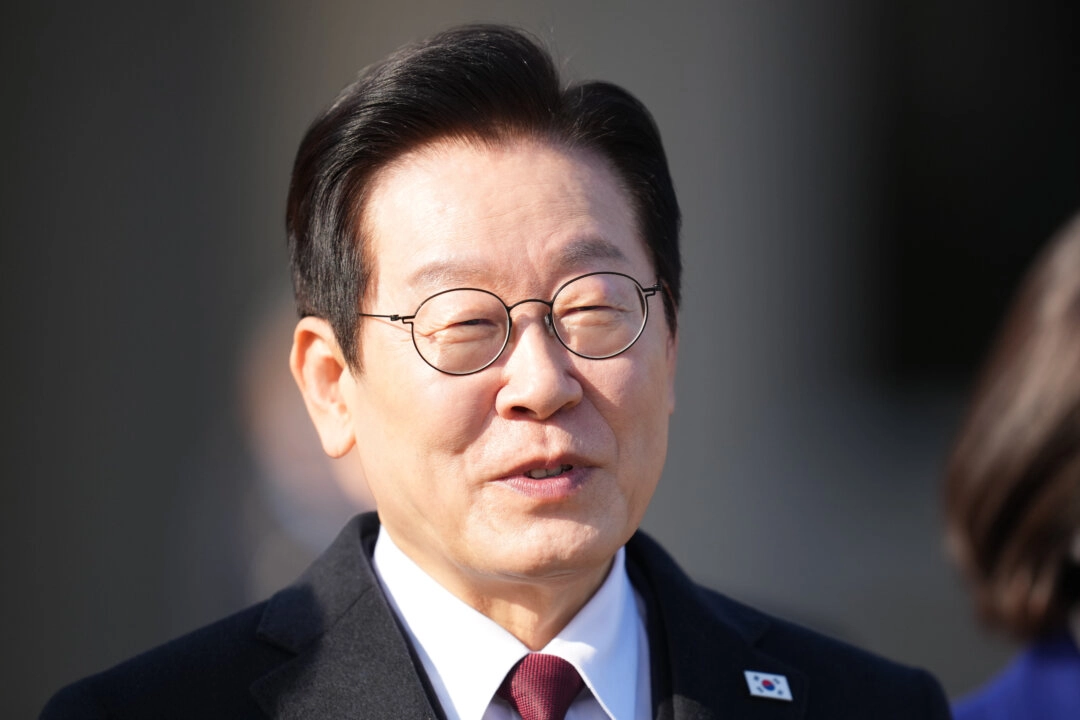
Discussion